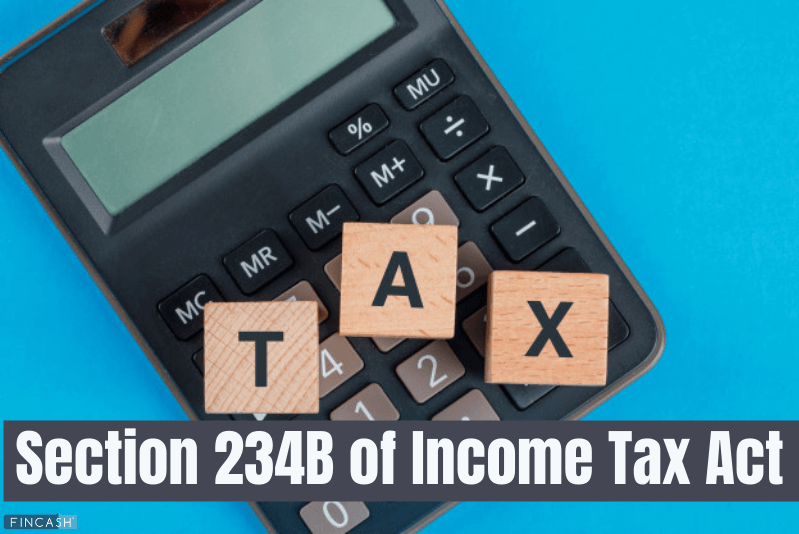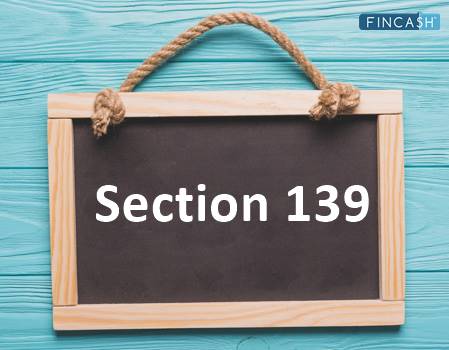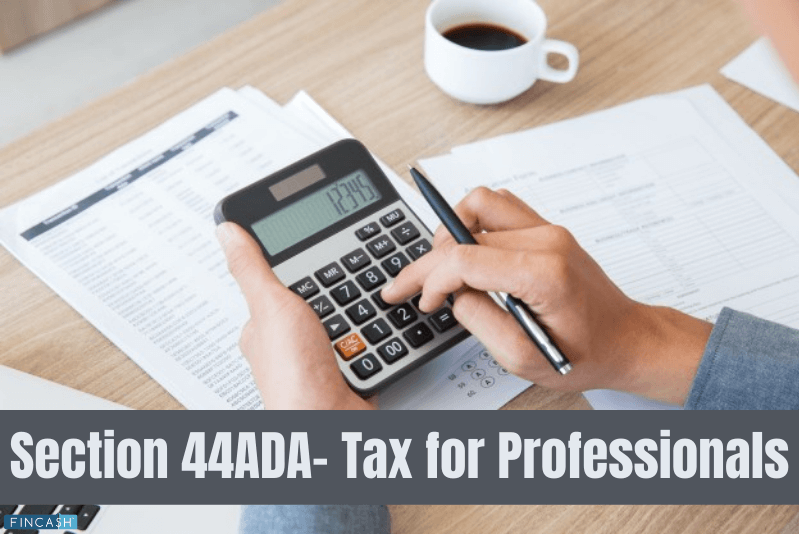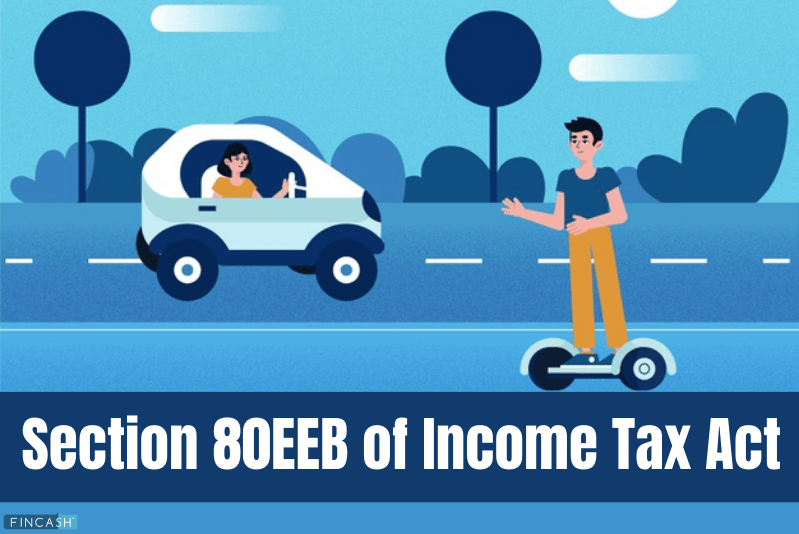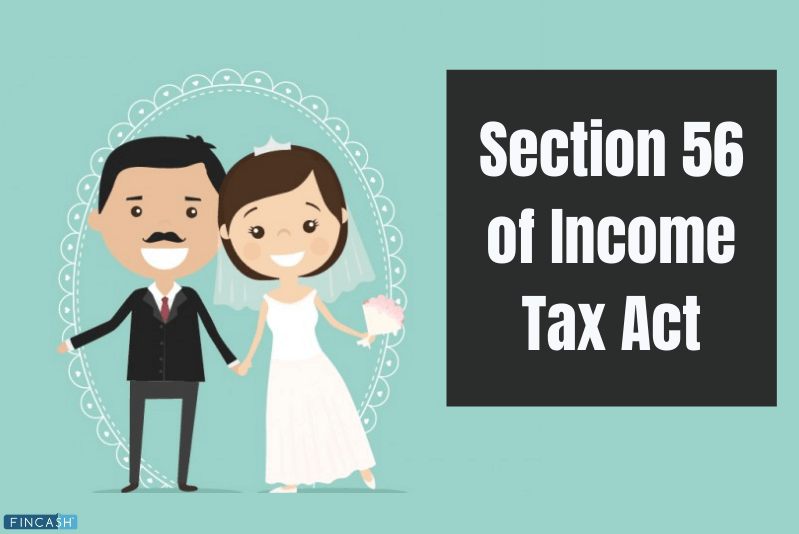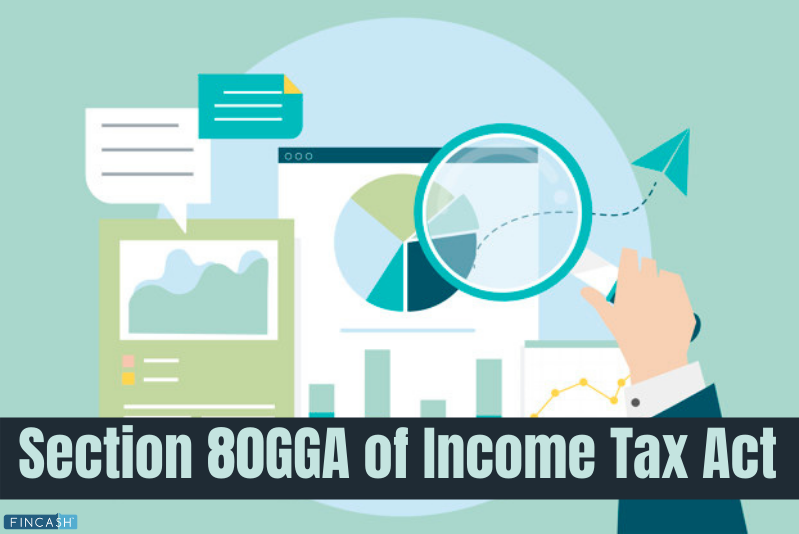
Table of Contents
Section 87A of Income Tax Act - Rebate u/s 87A
Tax Planning is important for every citizen of the country since it helps us support the development of the country. The income tax Act, 1961, has set out many such provisions for citizens to plans their Taxes and also claim deductions.

One of the major tax reforms which have been in the spotlight ever since its introduction is the Section 87A. This was announced in the Interim Budget 2019-2020 and was introduced in the Finance Act 2013.
What is Section 87A?
It is a Tax Rebate provision for individuals earning an annual taxable Income up to Rs. 5 lakhs. If you fall into this category, you can claim rebate under this section. The tax rebate u/s 87a is limited to Rs. 12,500. This means that if your total payable tax is less than Rs. 12,500, then you will not have to pay any tax.
However, note that the rebate under section 87A will be applicable to the total tax before adding the health and education cess of 4%.
Eligibility to Claim Rebate Under Section 87A
The eligibility criteria to claim Section 87A rebate is as follows:
1. Residence
In order to claim the rebate under this section, you should be living in India. Non-resident Indians cannot claim this tax rebate.
2. Annual Income
Your annual income for the financial year 2019-2020 after Deduction should not be more than Rs. 5 lakhs.
3. Individual
This tax rebate is only available for tax-paying individuals. It cannot be claimed by Hindu Undivided Families (HUFs), and companies.
4. Maximum Rebate
As per the provision under Section 87A, a maximum rebate of Rs. 12,5000 can be claimed under this section. In simple words, if your taxes amount to Rs. 12,500 or less, you can claim this rebate.
Talk to our investment specialist
How to Claim Rebate Under Section 87A?
You can claim the rebate under Section 87A while filing a Tax Return. You can file the return on before 31st July every year.
What is Net Income?
Annual Income is the total value of income earned by an individual during a financial year. Therefore, net income refers to the Earnings present after deductions. This is applicable to both individuals and businesses. In the same manner, gross income refers to income present before any deductions are made.
Annual income includes various types of income. They are mentioned below:
1. Salary Income
If you are employed, your income includes salary, bonuses, etc before deductions. The income generated through your work in a year is your annual income.
2. Business Income
If you have a business, the income you generate from the business is your annual business income. If you are self-employed, your income could come from contract work, sales commissions and association with other businesses.
3. Social Security
Another source of income part of your annual income is social security or pension. Social security includes pension for disabled employees, retirees, families of disabled deceased or disabled employees.
4. Interest and Income from Investments
If you gain income from the sale of stock, properties and other investments, it is a part of your annual income.
5. Capital Gains
When you sell an asset, the monetary gain includes profits. This would be your Capital Gain on the asset which is part of your annual income.
6. Income from Rent
Your annual income also includes if you are receiving rental income from a property for six months or more.
Earlier Tax Rebate Under Section 87A
Previously, individuals residing in India with net Taxable Income that does not exceed Rs. 3,50,000, can claim the rebate under this section. The rebate is available in the form of a deduction from the total Tax Liability and is the lower amount among 100% of income-tax liability of Rs. 2500.
All efforts have been made to ensure the information provided here is accurate. However, no guarantees are made regarding correctness of data. Please verify with scheme information document before making any investment.
You Might Also Like
